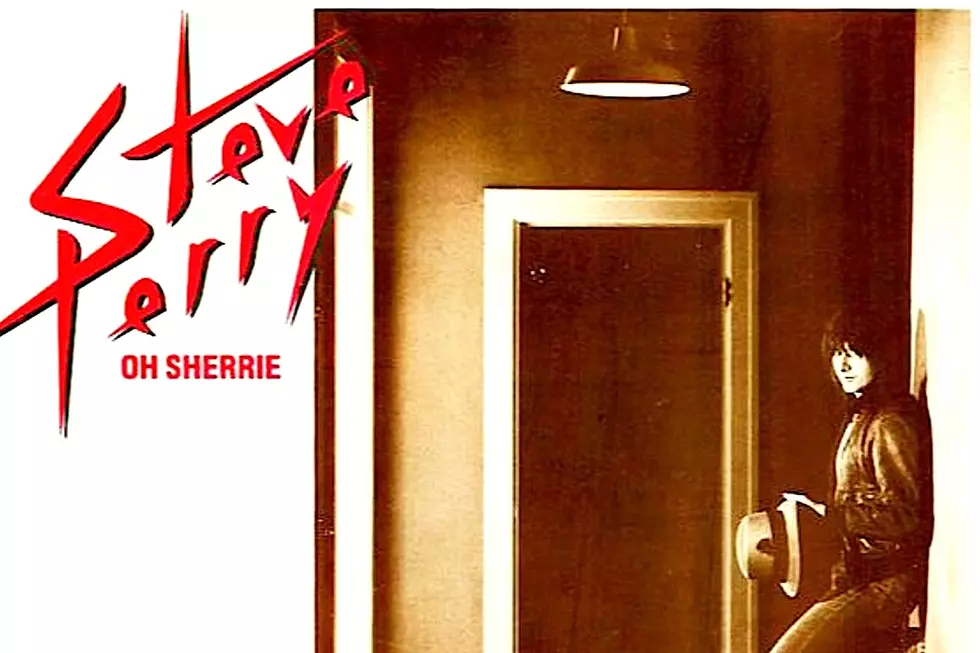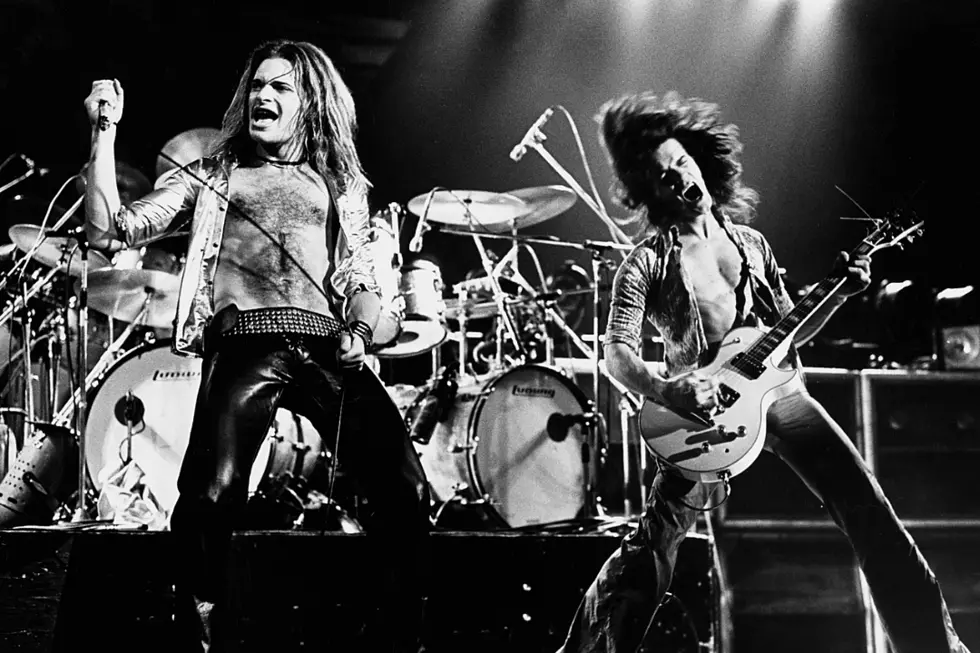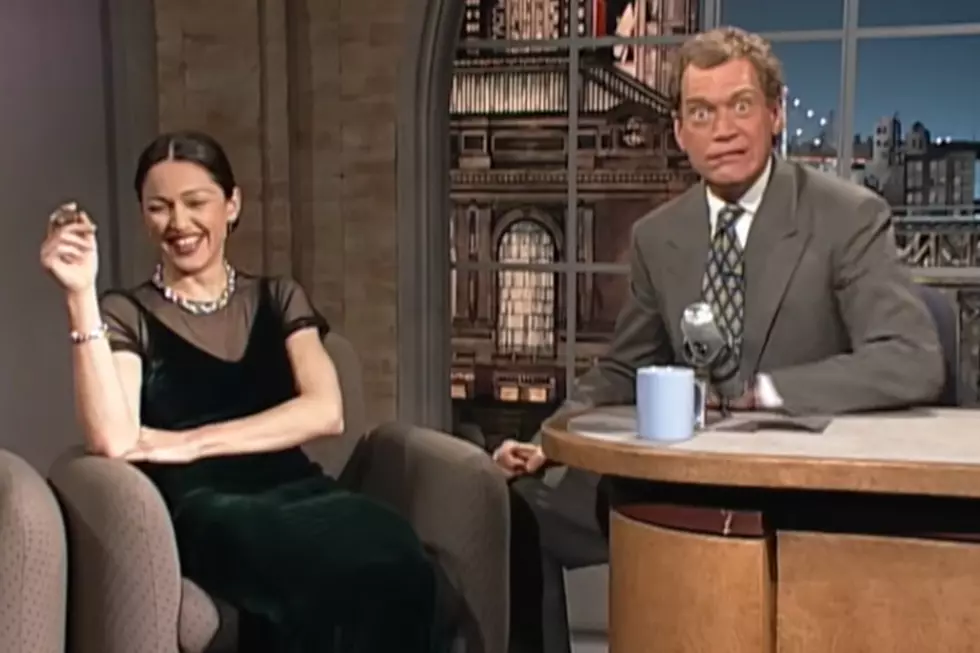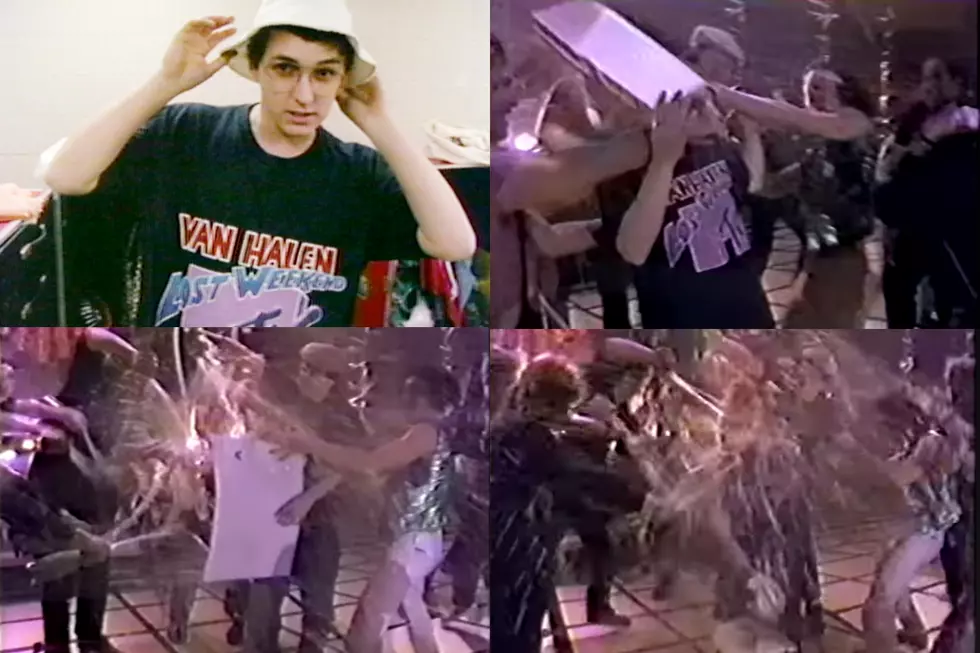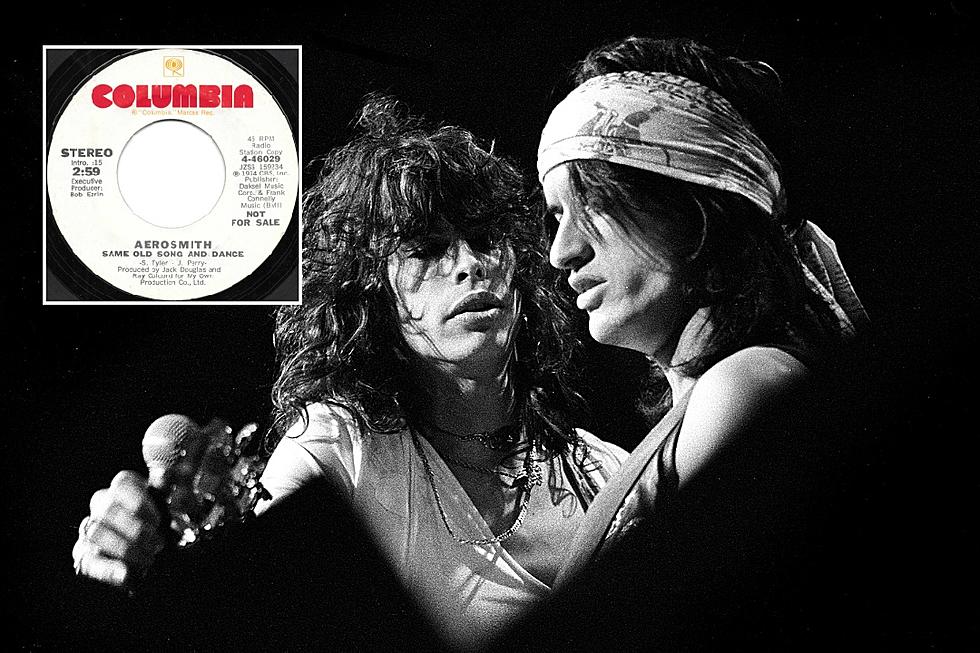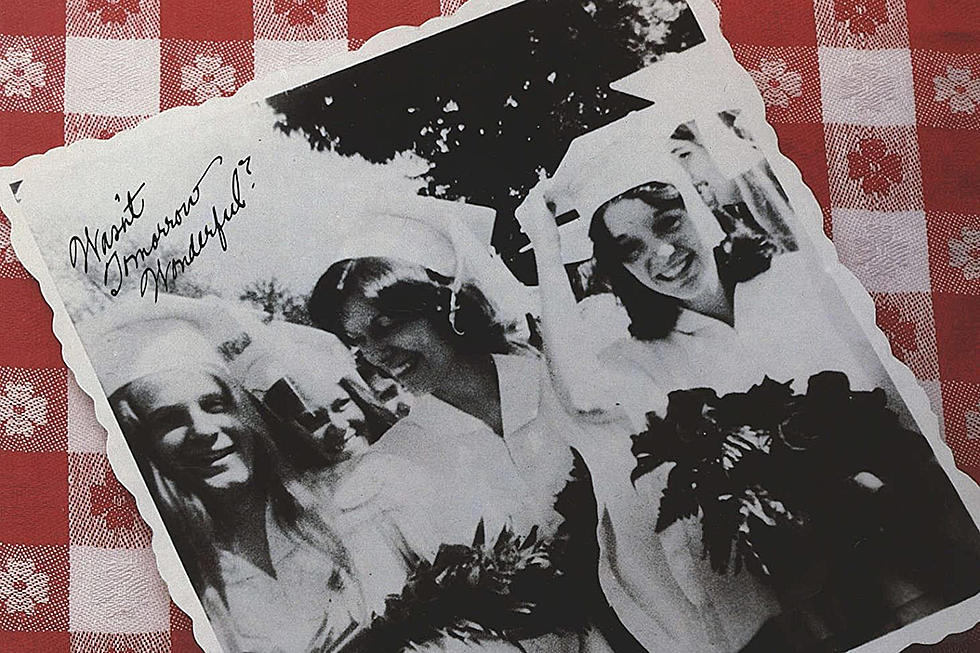
Why Waitresses’ ‘Wasn’t Tomorrow Wonderful?’ Still Rings True
The Waitresses' debut album Wasn’t Tomorrow Wonderful? brims with anxiety, relationship advice, feminism, self-love and dry humor - all elements that still resonate today.
All the Waitresses’ songs were written by the group’s founder and guitarist Chris Butler, a Cleveland native who moved to New York City a few years before the band began. The grooves of new wave, punk and even the Bronx hip-hop scene moved him, he told Cleveland.com in 2019, and he put together a group of talented players who were a challenge to write for as a unit.
"It was a very hard job to write something that would keep these musicians around because they got bored real easy," Butler explained. "My job was to balance these players who wanted something sophisticated and make sure that whatever comes out of [singer] Patty’s [Donahue] mouth was sharp and stuck to character, and was worth hearing.”
The sharpness jumps right out in the lyrics to the album’s first song. “No Guilt,” is told from the point of view of a woman who finds herself better off after a breakup, now that she can do everything when she wants, the way she wants. She has no interest in pretending to be helpless without a man and is befuddled by people who think she should act that way.
Watch the Waitresses Perform 'No Guilt'
It’s followed by “Wise Up,” a scathing read of corporate interview practices, the excuses issued by elected officials and the protective nature of secret groups - which today could easily be graphed on to the super-wealthy and venture capitalism.
The third track, “Quit," is another gem all about anxiety and withdrawals. Lines like, "I'm good at coping / Cool, poised, self-controlled / No that's OK I'll be all right / These are coffee shakes, that's all" feel poignant in the shadow of the opioid epidemic, despite the fact they were written decades before that crisis began.
The next two songs, “It’s My Car” and the album’s title track, are snarky feminist takedowns of the roles women are shoved into. Both tracks are upbeat (and the former owes a huge musical debt to ska) and flip the gender roles on their head.
They’re followed by the band’s biggest hit that isn’t a Christmas song, “I Know What Boys Like.” Written and recorded way back in 1977, it was the song that got the Waitresses a record deal in the first place. In it, Donahue personifies a character who is more than a tease; she’s snarky as hell. What makes the track so enduring is how it flips the sexual power dynamic between men and women. It’s one of the most emasculating songs ever written and enjoyable as hell.
Besides Donahue and Murphy, every band member is clicking here: Saxophonist Mars Williams' energy propels the song, drummer Billy Ficca gives the entire proceeding a liveliness that keeps things unpredictable and bassist Tracy Wormworth adds an infectious groove.
Watch the Waitresses Perform 'I Know What Boys Like'
"[I was] never sure if I ever got it right but wanted to present a full-rounded, female person with fun and troubles and unhappiness and joy and wisecracks, and just a big sister like I never had,” Butler noted to Cleveland.com. The envelope is pushed as far as it goes on “Pussy Strut,” a song about … geometry - the mathematics of sex, a course almost everyone has to study to master. To quote Donahue in the song, “No, I can’t get more specific.”
“It’s real human-oriented, it’s real—not necessarily a crisis but a slice of life kind of things. As opposed to popular music which is so much escapism and the usual cliches of sex, drugs, whatever,” Butler said of his songwriting on The Afternoon Exchange, a Cleveland-based TV show.
The group recorded Wasn’t Tomorrow Wonderful? in a couple of weeks at Blue Rock Studios in SoHo, which was open 1970-86 and, in its time, hosted Bob Dylan, the Kinks, Joe Jackson and Screamin’ Jay Hawkins. But after it was in the can, the album almost didn’t come out due to a failed distribution deal. But a bigger label swooped in to pick it up and release it in January 1982, and the single got solid airplay on influential radio station KROQ and MTV. All these years later, it still strikes a chord.
Top 100 '80s Rock Albums
More From Ultimate Classic Rock


